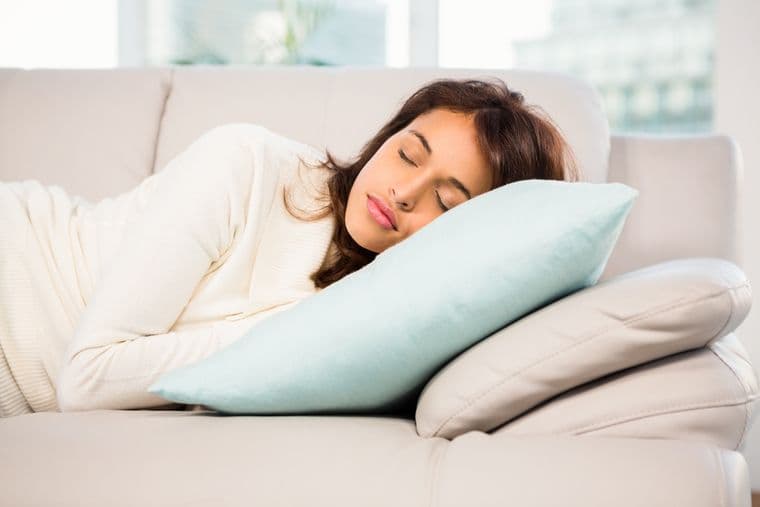Amaha / / / Napping - What’s the Verdict?
ARTICLE | 4 MINS READ
Napping - What’s the Verdict?
Published on
10th Mar 2025

Do you frequently struggle to sleep at night? Are you someone who relies on naps to make up for lack of sleep?
Sleep debt appears to be a fact of life, and naps have become the norm in the fast-paced world we live in.
But there has been a lot of debate about the utility and effectiveness of naps. You might have wondered, Are naps good, or are they a necessary evil? Should you take naps? If yes, how long should you nap? Researchers have spent a considerable amount of time trying to understand naps better.
Let us answer some of these commonly asked questions to close this debate once and for all.
Are naps beneficial?
A study done with NASA astronauts found that those who napped for 40 minutes performed 34% better and were 100% more alert than those who didn’t have a nap. What this means is that naps can improve your cognitive functioning, performance and alertness. Moreover, naps can refresh your mind and energise you for the rest of the day.
Not only that, but a quick nap can lower your stress levels and restore willpower. Some studies also show a correlation between naps and a lower incidence of heart disease. However, it’s important to note that this does not mean that naps can compensate completely for nighttime sleep.
When should you nap?
A mid-afternoon nap, between 2 pm and 3 pm, is usually recommended. This is because your body is naturally geared towards sleep at this time of the day. At the same time, this slot is early enough in the day to not impact your ability to fall asleep at night. As a rule of thumb, you should refrain from napping too close to bedtime because otherwise you may struggle to fall asleep on time and this can disrupt your sleep schedule.
Who should nap?
While naps are typically recommended for people working outside the regular 9-to-5 hour shift, they can now serve to benefit anyone working from home, or even students preparing for exams. For those having to now work from home, it’s the best time to optimise on taking naps during the day. If energy levels start to dip during the afternoon, a quick 15-minute nap can do wonders for productivity and job performance. Additionally, naps can be very beneficial for students who have to prepare for exams or tackle a high volume of assignments. A nap can help improve focus and even strengthen the formation of memories - thereby helping students perform better during exams or class tests.
Is there a downside?
As with almost everything else, naps don’t work for everyone. They can leave some people with grogginess, disorientation, and impairment. While this does not usually last longer than 10-20 minutes, it can still be problematic for those who need to perform immediately after waking up. This impairment can be more severe and long-lasting in people who are generally sleep-deprived. A nap that lasts too long or is taken too late in the day is likely to hinder nighttime sleep and lead to long-term problems.
How long should you nap?
The answer to this question depends on several factors. A 20-minute nap will give you an easy energy boost; it would also be easy for you to wake up from this brief nap. Even a slightly longer, a 30-minute nap can lead to grogginess. A one-hour nap has pros and cons - it would improve short-term memory, but some grogginess as well. A 90-minute nap would allow for a full REM sleep cycle and can result in increased creativity - but this can make it harder to fall asleep at night. Overall, depending on how much time you have and what your nighttime sleep schedule looks like, you could pick a duration that suits you best.
The final verdict
A nap in itself is not a bad thing. As long as you don’t use it as a substitute for nighttime sleep, it can do wonders for your mental and physical well-being. With a short nap, you will experience a reduction in your stress levels and increased productivity, focus, and creativity.



